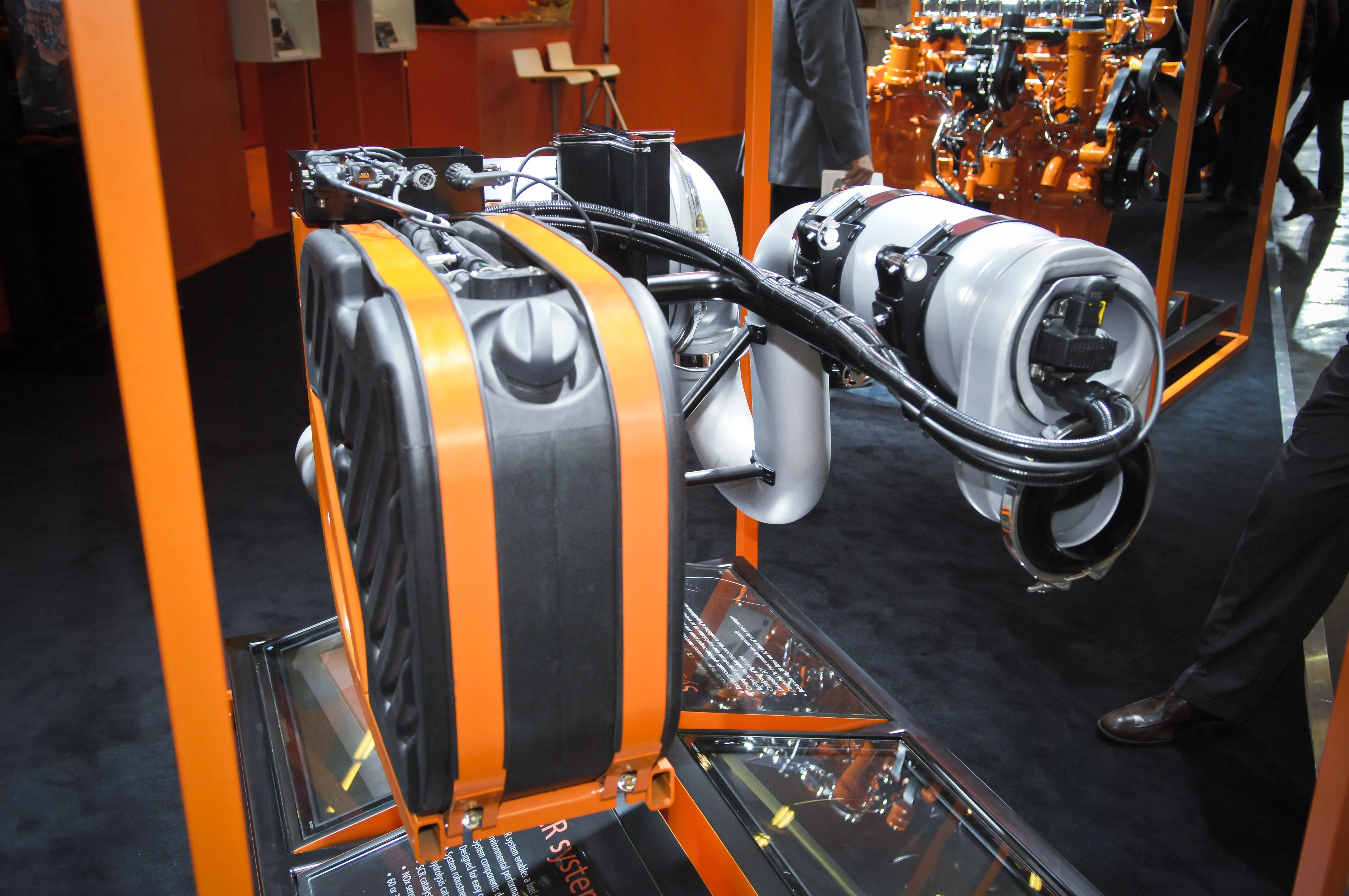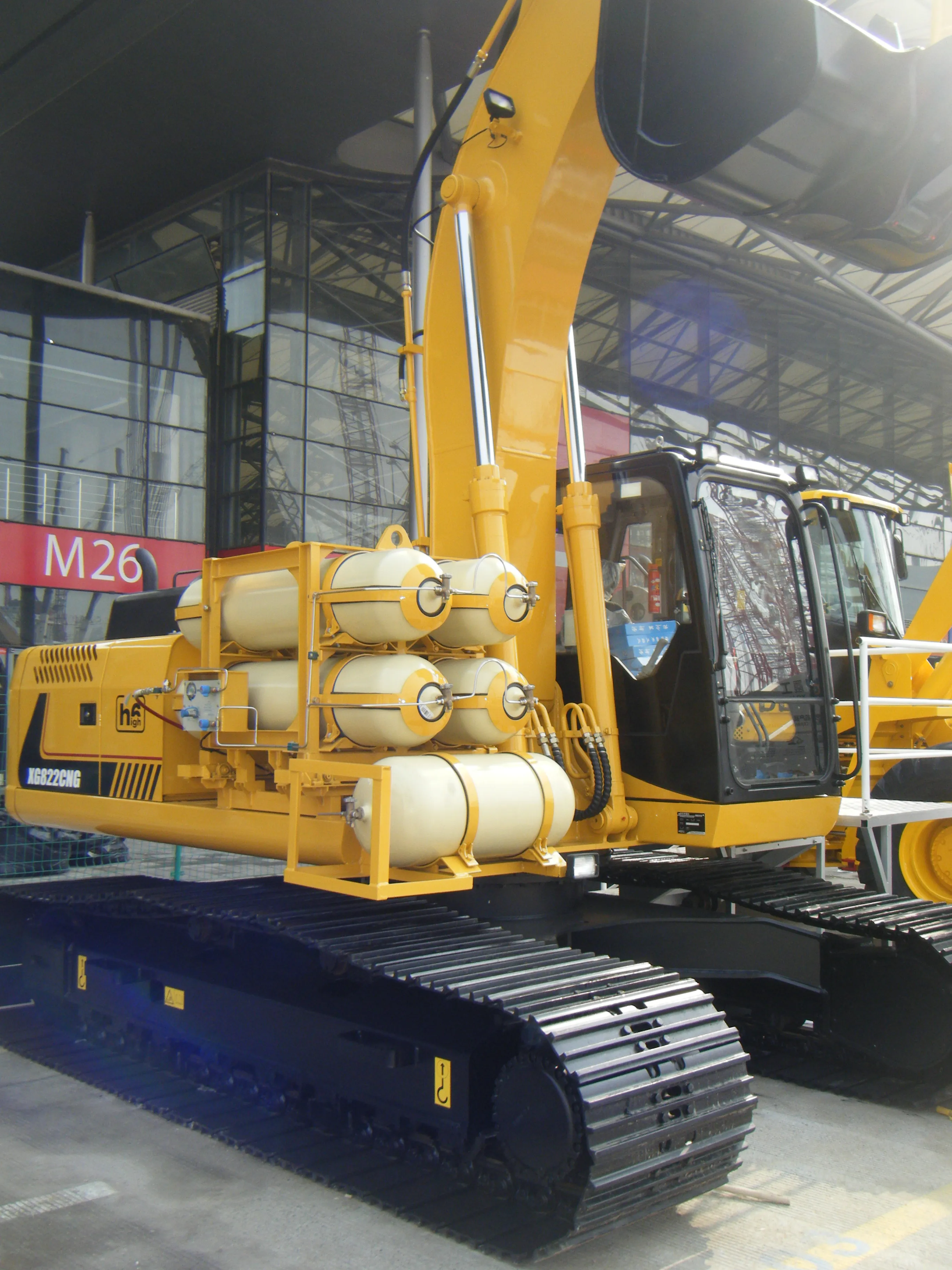Scania claims that field test of its latest engine designs show that the units meet all the emission and noise requirements of Tier 4 Final/Stage IV. The tests are said to have highlighted the robust nature of these engines in an array of challenging, off-highway working cycles and applications. The company has tested the engines in applications such as excavators, wheel loaders, crushers and dump trucks. Scania’s technology to minimise emissions includes key features as extra-high-pressure injection (Scani
January 17, 2014
Read time: 2 mins

For the EGR system the controller balances the ratio between the air and recirculated to minimise particulate emissions. It also prevents the engine from running too cold as this will reduce SCR efficiency and increase NOx as a result. The company claims that the new engine management system to switch very rapidly between the different operating modes, while also helping to minimise fuel consumption.
%$Linker:







